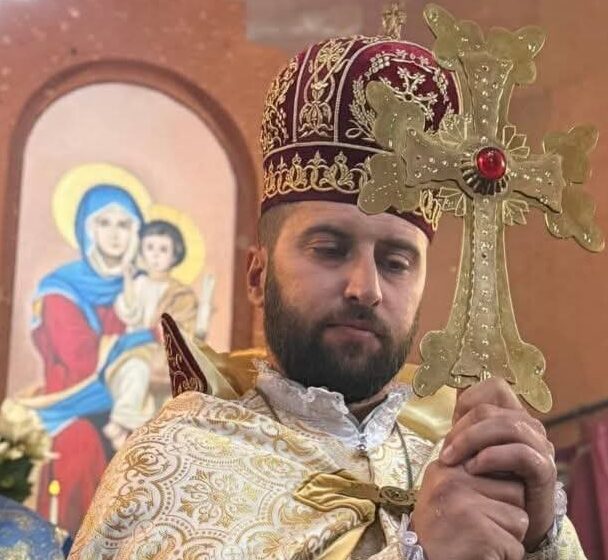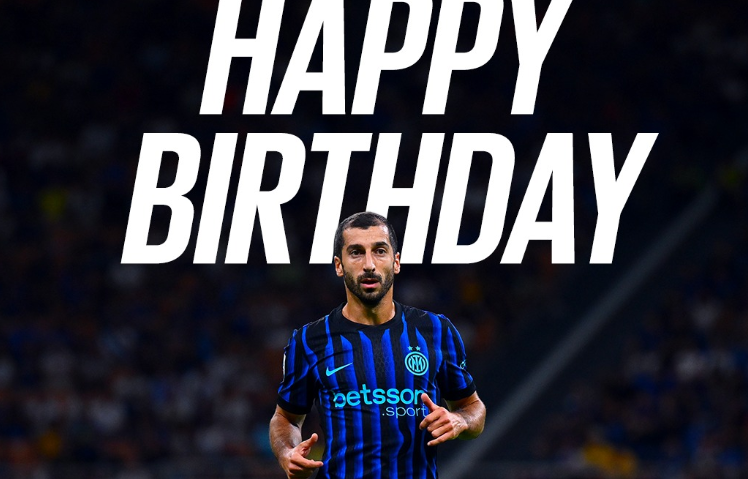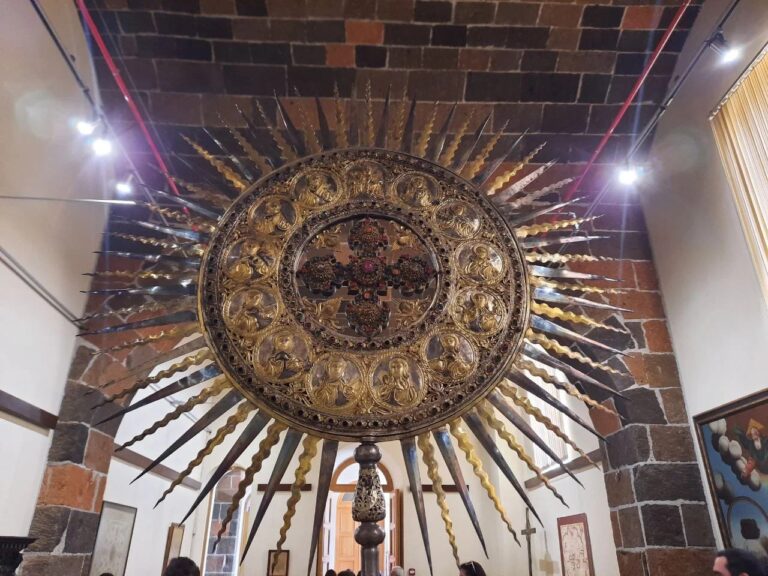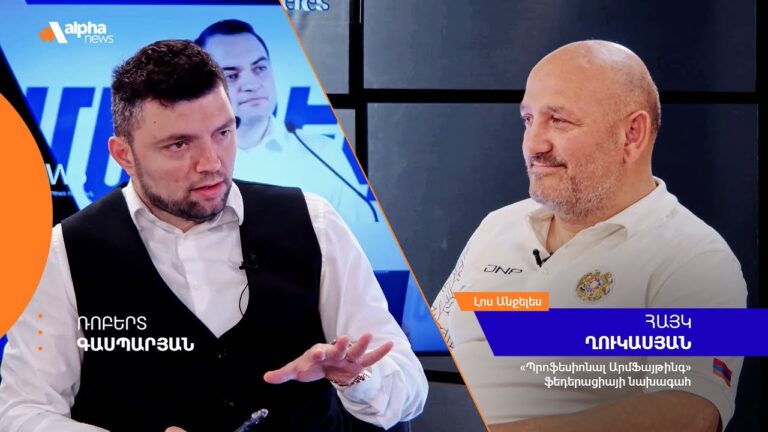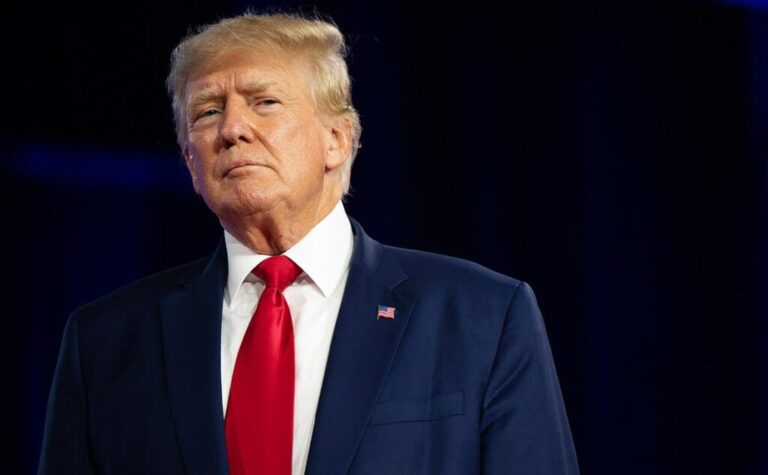Talks that EU-Armenia cooperation will develop into full membership are simply absurd, says political scientist
Speaking with Alpha News, political scientist Denis Denisov commented on Armenian Prime Minister Nikol Pashinyan’s interview with The Daily Telegraph.
“We are already used to Pashinyan’s absolutely amazing statements, which do not always correlate with reality. Pashinyan says that Armenia doesn’t want to join any bloc at all, but how can we perceive the Collective Security Treaty Organization differently? This is definitely an alternative bloc for NATO, and Armenia participates in it. It is very strange to hear such statements, but they are understandable since there were certain hopes and desires that the CSTO should have been involved in the Armenian-Azerbaijani conflict. But the desire of an individual state is one thing; the policy of the entire bloc is another,” Denisov said.
According to the expert, Armenia simply cannot terminate its security cooperation with Russia.
“Russia, whether anyone likes it or not, is one of the key players in the South Caucasus region, in terms of the security architecture as well. Armenia does not have many alternatives. We know that over the last few months and years, there has been a certain focus on Iran, but this is a completely incomparable direction and relationship. That is, in light of the events that have recently occurred in the South Caucasus, in particular related to Nagorno-Karabakh, of course, it is extremely important for Armenia to now try to find a more or less acceptable security architecture for itself and in the region as a whole. This is why there are intensive contacts with representatives of NATO, the United States, and other countries.
However, it is unlikely that orientation toward the West is a real alternative for Armenia. Not everyone in the West is ready and wants to actively participate in this process, especially taking into account the fact that Turkey is a member of NATO. Azerbaijan is Turkey’s closest partner. Here, once again, the lines of force go through a number of spheres. Armenia will definitely not be able to linearly build its policy based on only one vector,” Denisov noted.
According to the political scientist, at the moment, any statements related to cooperation with NATO are perceived very painfully and sharply by Russia.
“For the time being, Russia is fine with this and the overall security configuration in the South Caucasus. However, we have seen quite a large number of examples among post-Soviet countries when, relatively speaking, the geopolitical situation or the political elite changes and the country sharply turns to intensive integration, including with the North Atlantic Alliance. The fact that Armenia has an individual partnership plan is nothing new. There were similar plans in Russia, and when states, such as Ukraine, were neutral and this was written in the Constitution, this still did not prevent such plans from being implemented. It’s just that, at the moment, any statements related to cooperation with NATO are perceived very painfully and sharply by Russia. But this is nothing more than the result of the geopolitical situation that has developed at the moment,” Denisov noted.
Speaking about Pashinyan’s statement that in Russia’s war against Ukraine, Armenia is not Russia’s ally, the political scientist noted that it is not new that Armenia is trying to distance itself as much as possible, but there is a difference in who does it and how.
“Pashinyan’s position has long been known. Within the framework of this conflict, Armenia is trying to distance itself as much as possible, like other countries in the Caucasus, but what matters is how they distance themselves. Some are positively neutral for Russia; others are not particularly positive. In this regard, Pashinyan did not say anything new,” Denisov said.

